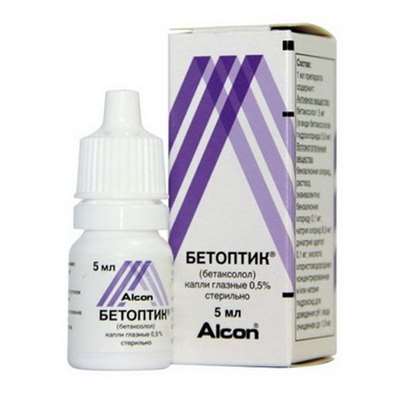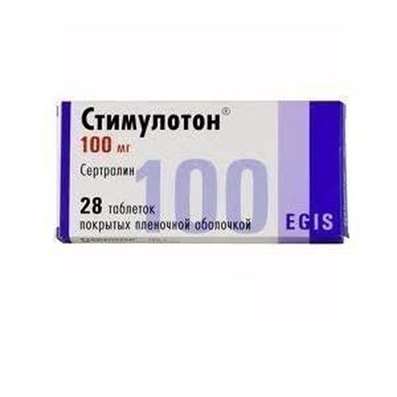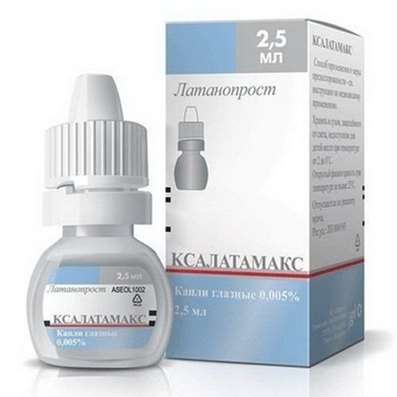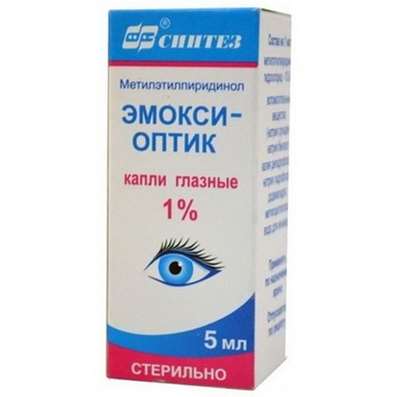Treatment of neurodegenerative diseases
06 Nov 2016
The biologist Dr. Doping tells about reprogramming cells, motor neurons, and a new approach to drug development. What is the complexity of the study motor neurons? What options are open to researchers with new cell technologies? How reprogramming cells affect the development of drugs?
Suffice it to a large group of diseases that affect mankind, especially age-related - it is neurodegeneration. This is remarkable Parkinson's disease, Alzheimer's, Huntington's, amyotrophic lateral sclerosis - the list is endless. A large number of people are suffering from these diseases, and causes great economic losses. Of course, it is possible to reconstruct them in some model systems, in animals, for example, either the fruit fly Drosophila. It really works, and it's all good. But we have to create transgenic models, that is to make genes. Normally, the fruit fly Drosophila Parkinson's do not get sick, the mouse also does not suffer from Alzheimer's. Therefore, what is created - it's just somehow imitates, simulates the actual human disease.
Why not study it on a nearer subject? It is virtually impossible: we can not a person in his lifetime to get into the brain, open, get sick neurons that are dying. Moreover, in the case of Parkinson's disease is one type neurons, dopaminergic neurons, which lie in a particular brain region, and in the case of Huntington's disease, for example, is a different type of functional neurons. It can not be done in vivo. But human neurons will transmit the true meaning of pathology, only thanks to them we will be able to learn in detail how the disease develops, due to which, or even try to find a remedy.
To protect yourself from neurodegeneration – buy Cortexin, Cogitum, Cerebrolysin, Picamilon, Pantogam.
Of course, it is a remarkable breakthrough discovery and was reprogramming technology. It allows the reprogrammed cells of the adult organism, and any cells. Patient some neurodegenerative disease can take little or blood, or skin or hair cells that carry reprogramming these cells thereafter obtain induced pluripotent stem cells that are universal stem cells and of the universal stem cells are already available specialized type neurons that are genetically identical to the patient completely, which we take the original, assume blood cells or skin fibroblasts. And thus, we can, firstly, personally for that person, and secondly, it is the person that neurons carry our experiments.
The first such study was conducted in 2009 for patients with hereditary disautonomy. Were not known to cause disease, it is known that the motor neurons die, and that subsequently leads to the death of patients. Motor neurons are difficult to study, they do not have any defects in life.
What was done? Induced pluripotent stem cells from these patients, including motor neurons were obtained were obtained. Parallel controls of normal people were also obtained induced pluripotent stem cells and motor neurons control. And in these two samples using modern methods of genome-analysis compared which genes are transcribed like and at what level. It turned out that a gene has an additional option. Today, much attention is given to the splicing variants of genes. One of the genes had an additional splice variant, and the researchers decided to see: and if we will take and will try in some way to remove the splice variant, then we have to happen?
Scientists have analyzed the available chemical molecules and found one compound, Kinetin, which can adjust the additional variant of the gene.
They then poured this substance on motor neurons patients - patients is of course. And it turned out that the level of this gene really was normalized and the body's motor neurons is stopped quickly perish. That is, a result of this work it was found that scientists firstly found why developing disease - is the appearance of an additional splice variant gene IKBAR - and, furthermore, the drug found that could potentially be useful for those people. Why potentially? Because they showed it in preclinical studies in a model system of human motor neurons just these patients, but we have all confirmed and clinical experiments. And, in fact, is now approved by the appropriate US Department, to conduct clinical trials of the drug. That is really it turns out that we can use these things to study neurodegenerative diseases and, accordingly, pick up drugs.
A similar operation was carried out on patients with amyotrophic lateral sclerosis. This disease, which today has no any kinds of therapy, and, of course, it takes and develops very hard. Even without finding the causes of the disease, researchers have induced pluripotent stem cells from patients with amyotrophic lateral sclerosis, which was obtained from motor neurons, and motor neurons in the culture are killed. They have a whole range of chemical compounds and began to pour these motor neurons and see where it leads. Of the five hundred, they took about 5-7 of candidate compounds, which suspended the death of motor neurons. That is, in this case, they did not even put the task to find out what are the molecular mechanisms of the disease, but has been put another fundamental problem of how to end - how to cure. And after spending about five hundred screening of drug substances, they found somewhere half a dozen potential candidates who are worth exploring in more detail and then move on.
I think this is a fantastic achievement, which allows a fundamentally different approach to drug development. I would also like to mention our work, which is associated with the study of Huntington's disease, it should be published in 2015. We studied Huntington's disease induced pluripotent stem cells derived from three patients. And we decided to conduct electrophysiological experiments with the help of our colleagues from St. Petersburg, namely, to confirm or refute the hypothesis of the involvement of calcium currents in a cage in the pathology of Huntington's disease. And, you know, the most amazing thing happened: we have confirmed that calcium is involved, but what was amazing?
We had three people, we each took on a piece of skin, by fibroblasts, each independently pro-culture fibroblasts from each independently obtained induced pluripotent stem cells, then each got those neurons, then we took it to St. Petersburg in the laboratory.
The researchers began to measure, and it turned out that in all three samples of calcium current deviations are absolutely identical.
That is a fantastic method reproducibility, which means that this model is perfectly adequate, and it can be standardized to some other applications. Apparent this time: first reprogrammed, then differentiate, - of course, ignorant people do not even understand the words, but to them and do not realize they need from this part of the story to know that we have a standardized model system that can be used. And this, of course, when it is the merger of biology and some more of the exact sciences.
Today is a very well-developed research in the field of neurodegenerative disease such as Parkinson's. In a recent study - it was conducted in 2012 - found several drug substances that can potentially be used, and these are already in clinical trials for the treatment of patients with Parkinson's, but with certain genetic mutations.
What we were given a new cell technology? They are, in fact, gave us the opportunity to transfer part of the brain from the body to the laboratory researcher. And it is not the brain of Drosophila are not nerve cells are mouse or rat, and this is part of the human nervous system, and it is a real nervous system. And how it is real and how it can be used for other experiments, we'll talk more in the future.

 Cart
Cart





